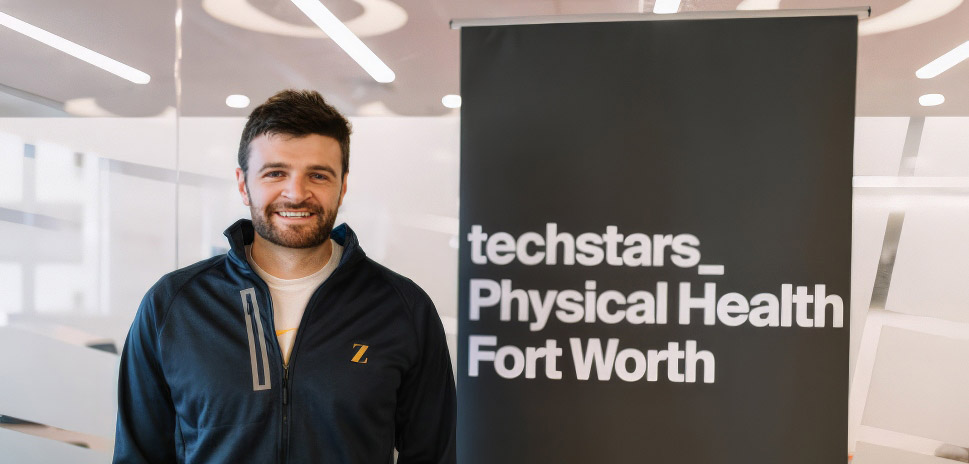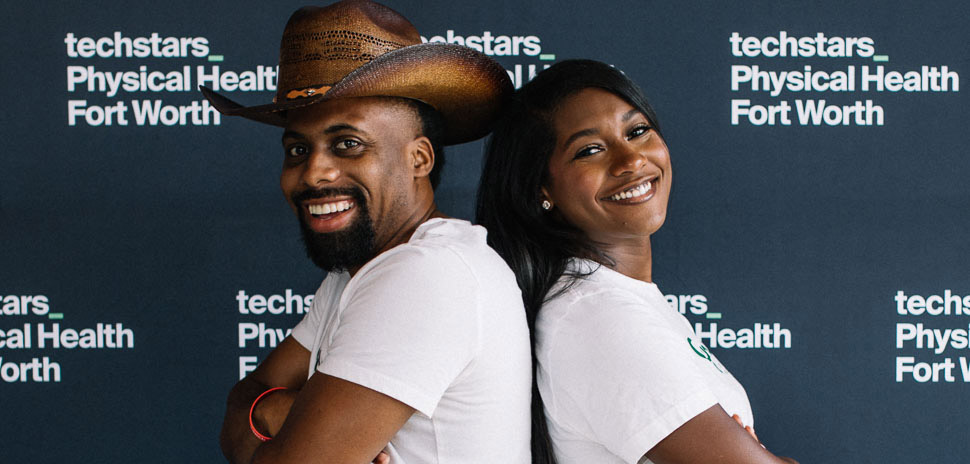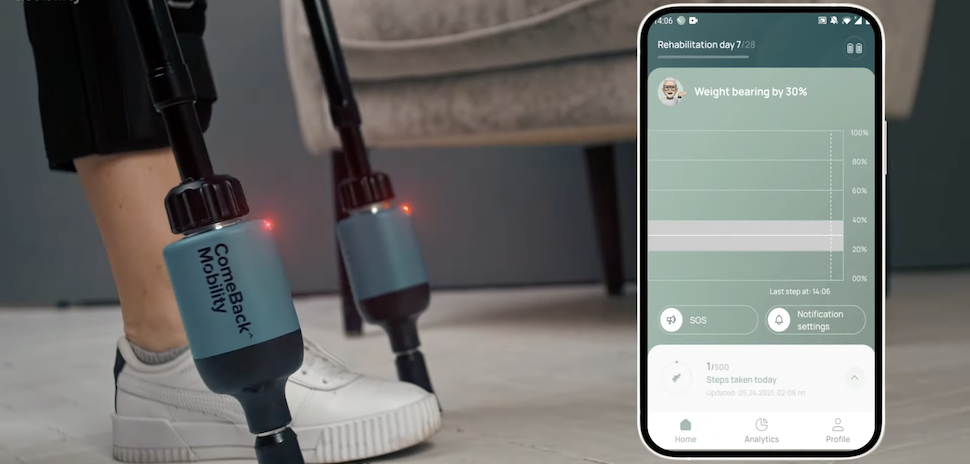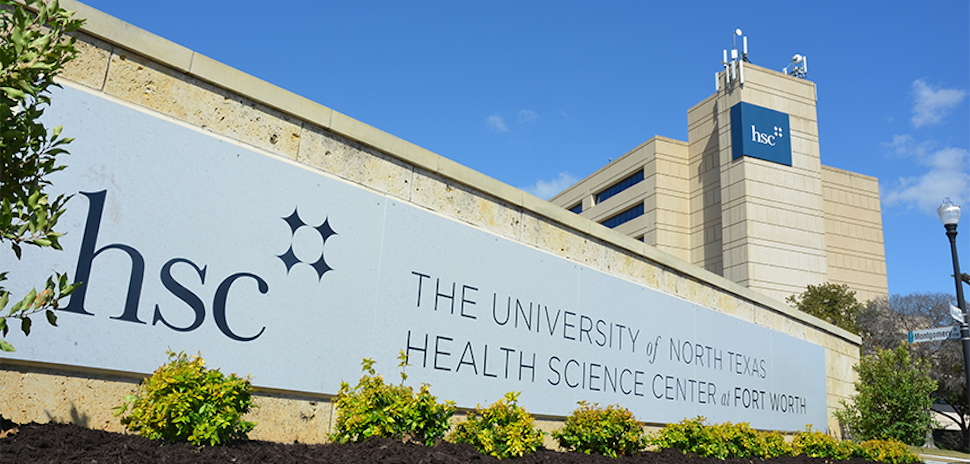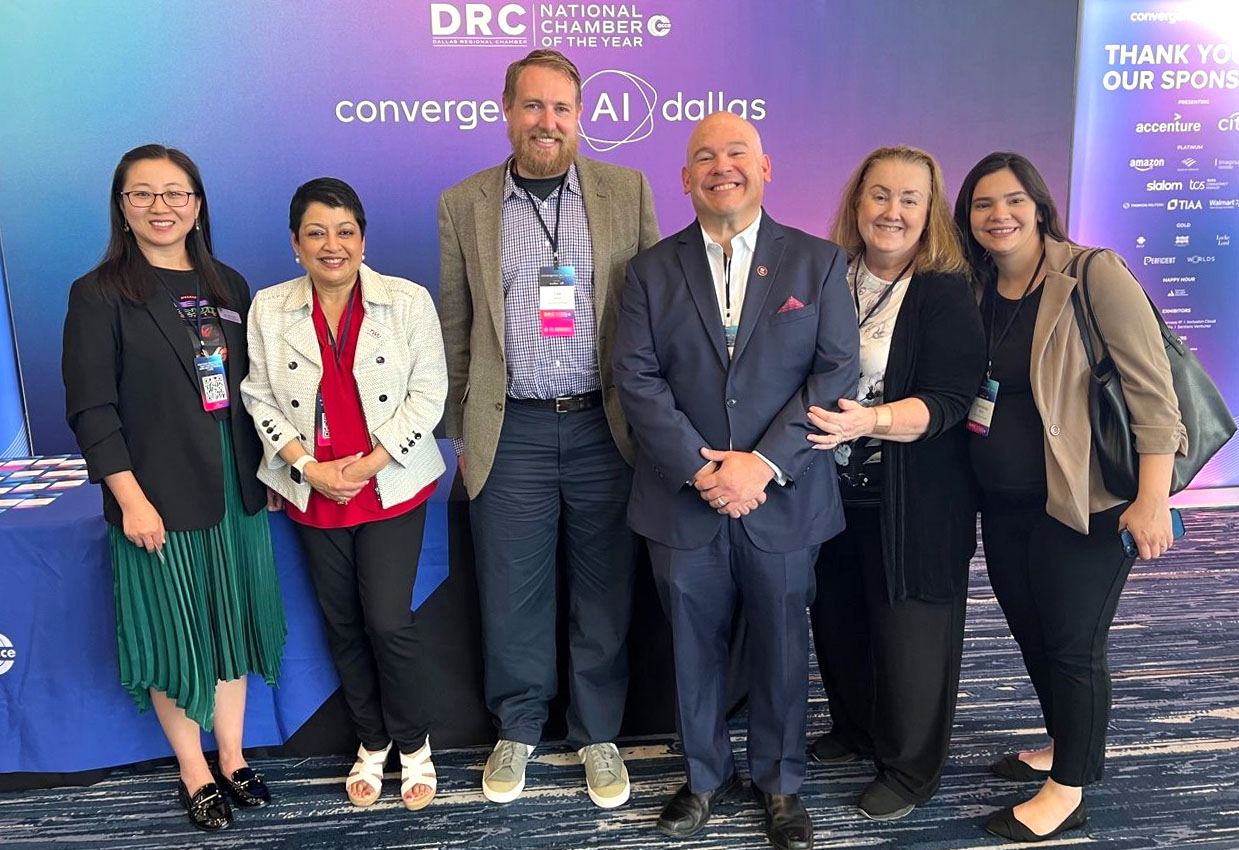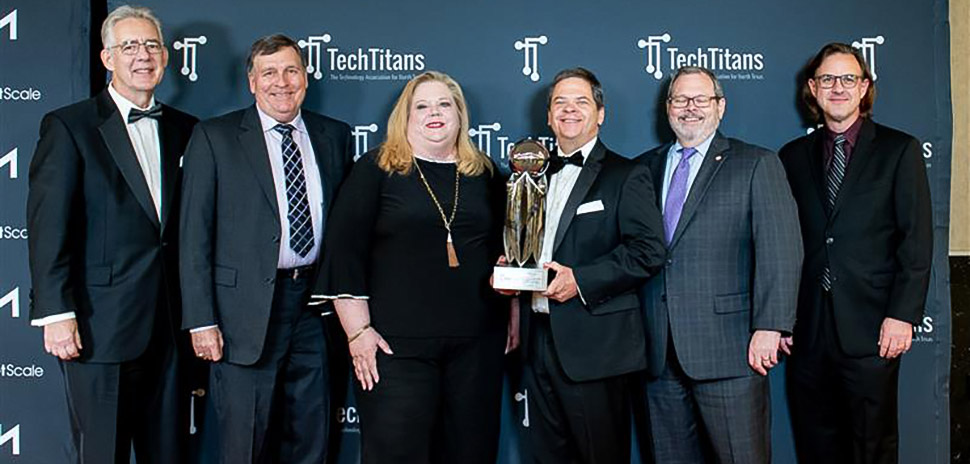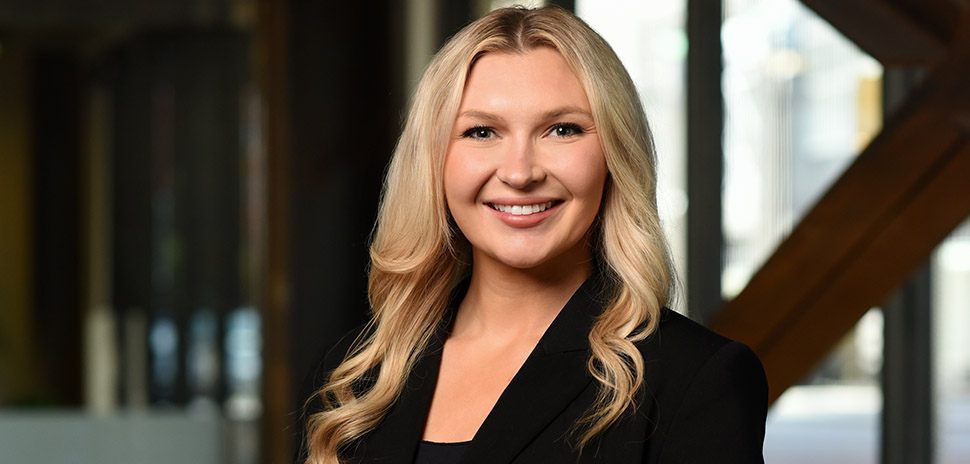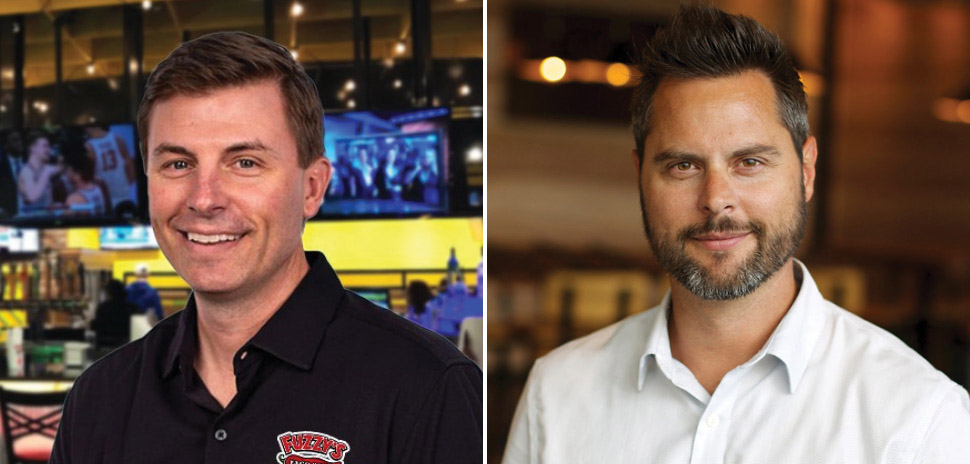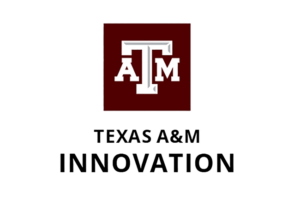Techstars Physical Health Fort Worth Accelerator has officially marked its first exit. According to an April announcement, Volt Athletics has acquired ZAMA Health in a deal that will integrate it with Volt’s AI-powered athlete development platform.
Trey Bowles, the accelerator’s managing director, said that ZAMA Health was a standout startup in Techstars’ inaugural cohort in 2022. According to Bowles, the exit milestone highlights the success of the accelerator’s investment and mentorship model—and points to a growing synergy between tech startups and health innovation in North Texas.
Mental health and wellbeing solutions tailored for athletes
Founded by entrepreneur and collegiate athlete Brendan Sullivan in 2021, ZAMA Health is recognized for its pioneering mental health and wellbeing solutions tailored for athletes. In a news release earlier this month, Seattle-based Volt said its acquisition of ZAMA will solidify the company’s position “as the premier holistic athlete development company worldwide.”
Volt’s hyper-personalized strength training dynamically adapts to individual athletes. Its AI-driven platform—known as Cortex—based on individual performance data can offer training at scale. Now, with the integration of ZAMA Health, Volt will expand its platform with comprehensive mental health and wellness tools for athletes and coaches.
According to the company, nearly 2 million clients worldwide currently use Volt Athletics’ patented artificial intelligence and performance training platform, which Dan Giuliani and Trevor Watkins founded in 2013. Volt’s user base includes collegiate and professional teams, first responders, military personnel, and corporate entities.
Financial terms of the transaction were not disclosed.
Sullivan, who will assume the role of GM of athlete wellbeing at Volt, said the two companies have a collective goal of building the “world’s foremost athlete development platform by adding mental health and wellbeing offerings into the Volt Athletics ecosystem.”
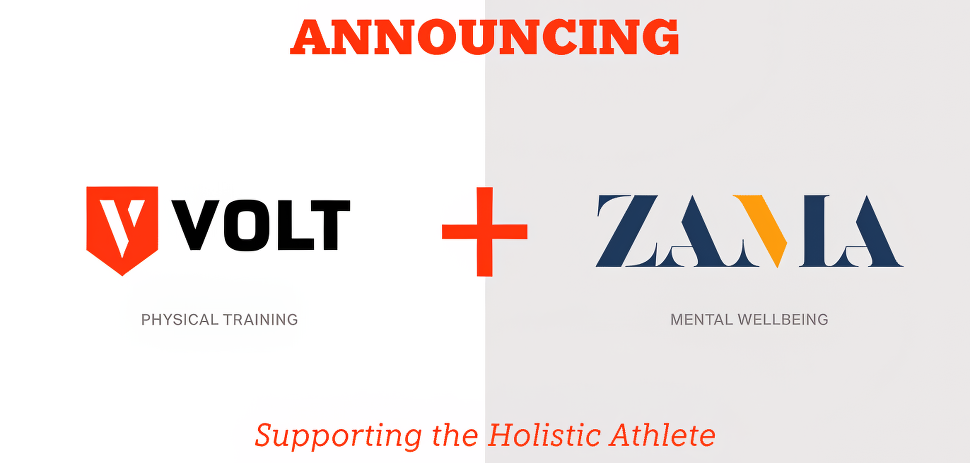
Volt announced its acquisition of ZAMA Health in early April. [Image: Volt]
ZAMA platform offers over 100 science-backed topic modules
ZAMA’s Software as a Service platform provides access to over 100 science-backed modules on topics including mental health, sports psychology, financial literacy, and nutrition. Innovative digital modules also allow users to track their emotional states and moods over time.
The tools offer personalized suggestions based on the user’s current feelings and the factors contributing to their emotional state, enhancing the ability of athletes to manage their mental well-being effectively as part of an overall development strategy.
Other ZAMA tools for mindfulness help with a supportive peer community for motivational support and a network of clinicians to meet the unique needs of student-athletes and fitness enthusiasts.
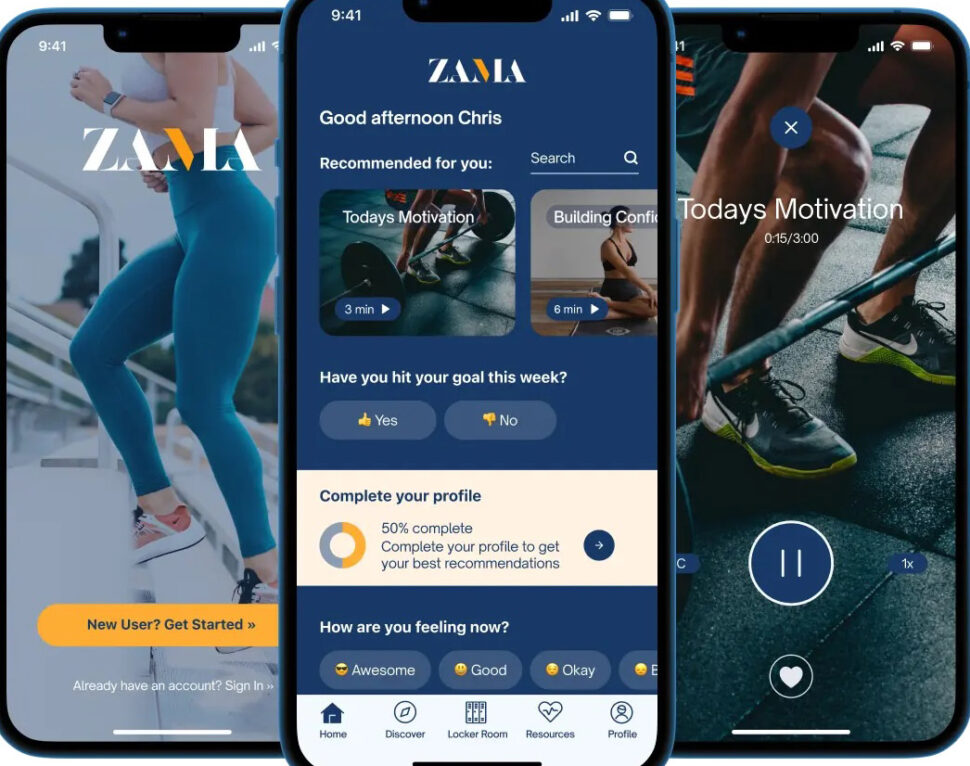
A marketing image from a ZAMA Health video shows various tools offered by its app. [Images: ZAMA Health]
ZAMA founder Sullivan says he looks forward to spearheading the companies’ combined efforts. “Athletes need more than just operational systems or clinical care—they require a holistic solution,” he said in a statement.
Sullivan founded ZAMA, driven by his own experiences with mental health issues within his athletic community, including the tragic suicide of a teammate.
He and his mother, Jane Sullivan, a psychiatric nurse practitioner, initially conceived the ZAMA concept to support their community. The idea rapidly expanded into a Washington, D.C.-based athlete development and mental health platform.
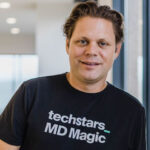
Trey Bowles
Sullivan’s personal connection to the problem Zama Health aims to solve underscores the depth of his commitment to his venture, said Techstars’ Bowles, who shared his enthusiasm about the deal with Dallas Innovates.
“I believe Brendan Sullivan will add immense value to the leadership team at Volt, where his entrepreneurial experience will help the overall organization continue to scale,” he said.
Bowles told us the “combination of providing mental/behavioral health solutions with Volt’s existing offerings will offer a strong strategic value in the market.” He added that the partnership further illustrates a “proliferation of holistic health solutions in wellness.”
Combining physical, mental, and social health technologies for athletes
Volt aims to maximize athlete performance and well-being with the integration of physical, mental, and social health technologies.
Volt Athletics co-founder and CEO Giuliani said ZAMA Health will add a “much-needed layer of mental health support” for its family of coaches and athletes. “We aim to support the development of the entire athlete and to empower coaches to better assist their athletes through practical resources and education,” he said in a statement.
Volt noted the “prestigious bench of ZAMA advisors and investors,” which includes DeAndre Yedlin, pro soccer player for FC Cincinnati and the U.S. Men’s National Team, who is an investor in both companies.
Yedlin said he’s “thrilled to see Volt and ZAMA joining forces.” The soccer pro added that physical training and mental wellness are critical for sports performance, health, and wellbeing.
“As an investor in both companies, I’ve seen firsthand the impact they have on athletes worldwide and can’t wait to see what they are able to do together,” he said in a statement.
According to Volt, ZAMA received other early investments from Techstars, as well as brain health organization One Mind. Volt also touted the startup’s expert advisory board with notables from global technology, mental health, and fitness organizations, including former Head of Science at Calm, Jen Huberty, and industry veteran Gene DeFilippo, a former athletic director at Boston College and Villanova.
Key elements in ZAMA’s success
Techstars’ Bowles notes that the path to success is seldom straight. Drawing parallels with renowned athletes like Michael Jordan, Babe Ruth, and Simone Biles, it’s fraught with setbacks and challenges that test one’s resolve, he wrote in a Techstars blog post.
“Brendan set himself apart in our accelerator program through grit, hustle, and determination—qualities every bit as essential in entrepreneurship as they are in athletics,” Bowles noted.
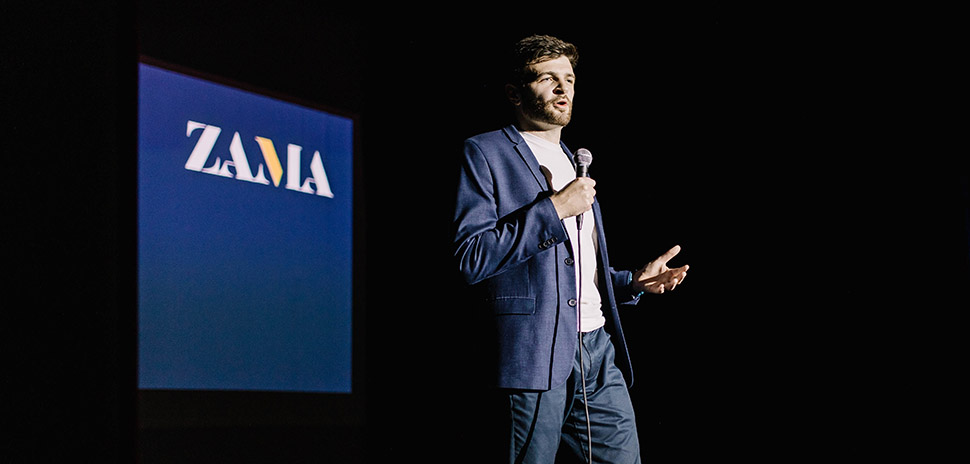
ZAMA Health Founder and CEO Brendan Sullivan at Techstars’ Fort Worth Demo Day in 2022. [Photo: Techstars]
Bowles emphasized the importance of a supportive team. Sullivan’s strategic decision to surround himself with a diverse team of advisors—including medical and mental health professionals, fitness executives, and experienced athletes—proved instrumental. That team not only supported his vision but also provided critical insights and perspectives that enriched the development of ZAMA Health, he added.
As Sullivan himself said in an on-stage conversation with three NFL veterans at Dallas Startup Week last summer: “I’ve always been fond of the quote that luck is ‘opportunity meeting preparation.’”
Calling all physical health innovators for Techstars’ Fall 2024 program
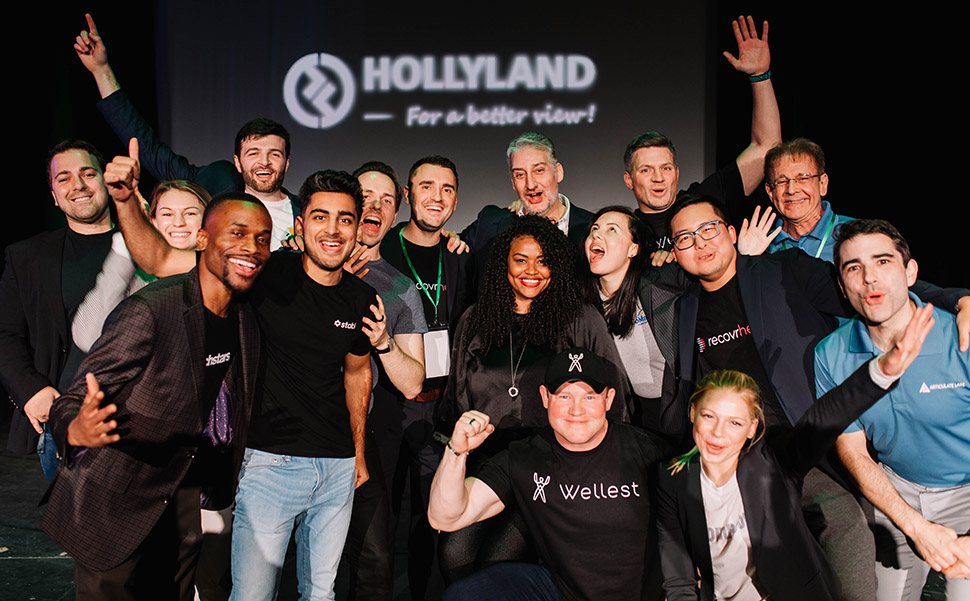
Brendan Sullivan, pictured third from left in the back row, with the Techstars Physical Health cohort 2022. [Photo: Techstars]
As Techstars’ Bowles notes, the success of ZAMA Health illustrates that the Fort Worth accelerator is a launchpad for startups aiming to transform the landscape of physical and mental health technology.
Techstars Physical Health Fort Worth Accelerator continues to seek innovators, with applications open until May 22, 2024, for its Fall 2024 program.
![]()
Get on the list.
Dallas Innovates, every day.
Sign up to keep your eye on what’s new and next in Dallas-Fort Worth, every day.










